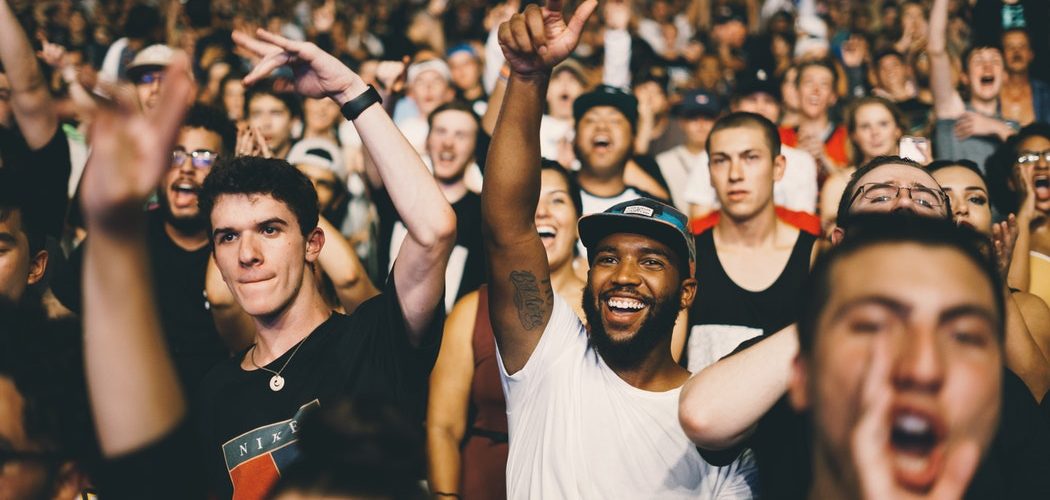The arts and culture industry – just as the sciences – are among the most rapidly changing fields in society. This is because they are driven by artists: artists observe societal developments and present their reflections to the public which leads to new and renewed mindsets. Artists, through their artistic creations, have always raised their voices on values leading to freedom, diversity, justice, peace and democracy.
In Australia, the importance of social events & music festivals is quite significant. Besides the strong economic outcomes, including creating employment and attracting visitors to a destination, there are also potential social benefits: bridging social & racial gaps, giving people a space to celebrate or commemorate special occassions and building social networks and social capital within communities.
Most contemporary music festivals are explicitly commercial, with various stakeholders such as event/tour promoters, local government and artists, seeking to benefit
financially from them. Perhaps the easiest way to define what makes a festival commercial is to consider what it is not: a free festival. A free festival was initially one where the organisers were not seeking, and did not make, a profit, which was usually organised in protest against capitalism. In addition, they also became utopian visions and models of alternative societies. Thus the economy of a free festival is characterised by mutual aid and exchange, rather than on the circulation money. A commercial festival on the other hand, utilises an economy based on money and does seek to make a profit i.e Meridith (Australia). This profit could be for used for a range of purposes, from increasing stakeholder wealth, to charity, and even simply to grow and develop the festival itself. However, some festivals such as Afropunk (USA), which are considered commercial by these criteria, can and do offer utopian visions to those who attend and look upon them.
Music festival experiences can be tailored to optimise positive outcomes and mitigate their negative effects (drugs, crime etc). The development of strategies and support mechanisms can help young people to make positive choices that lead to healthier, more productive and fulfilling lives. Festival-goers themselves may also benefit from a deeper understanding of the music, festival/music event, social and separation facets of the music festival experience, in order to build and personalise a transformative experience that has an enduring and positive impact on their lives.










